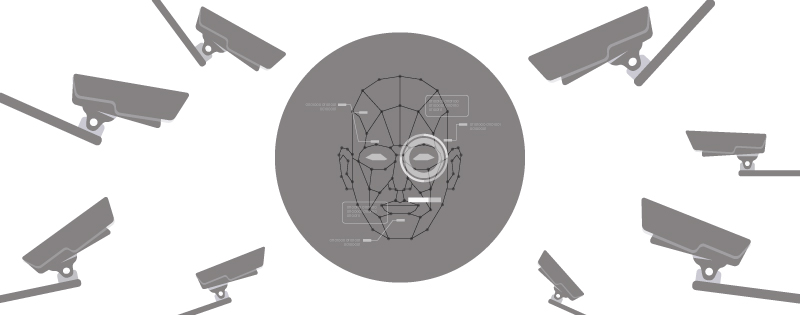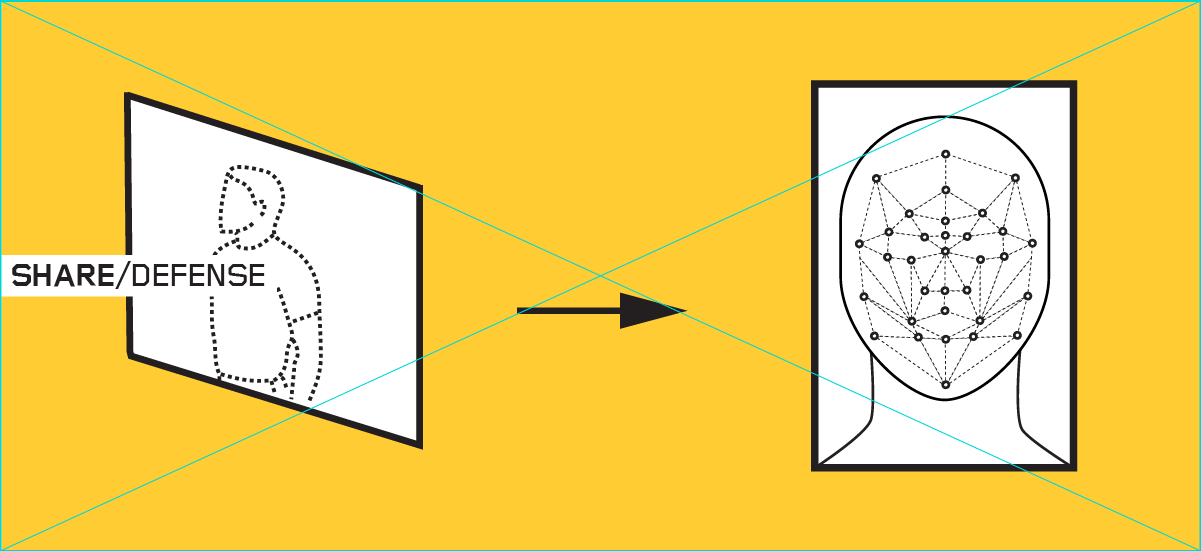News

Open Letter: Facebook’s End-to-End Encryption Plans
4 October 2019
Dear Mr. Zuckerberg,
The organizations below write today to encourage you, in no uncertain terms, to continue increasing the end-to-end security across Facebook’s messaging services.
We have seen requests from the United States, United Kingdom, and Australian governments asking you to suspend these plans “until [Facebook] can guarantee the added privacy does not reduce public safety”. We believe they have this entirely backwards: each day that platforms do not support strong end-to-end security is another day that this data can be breached, mishandled, or otherwise obtained by powerful entities or rogue actors to exploit it.
Given the remarkable reach of Facebook’s messaging services, ensuring default end-to-end security will provide a substantial boon to worldwide communications freedom, to public safety, and to democratic values, and we urge you to proceed with your plans to encrypt messaging through Facebook products and services. We encourage you to resist calls to create so-called “backdoors” or “exceptional access” to the content of users’ messages, which will fundamentally weaken encryption and the privacy and security of all users.
Sincerely,
AfroLeadership
Access Now
ACM US Technology Policy Committee
American Civil Liberties Union
Americans for Prosperity
ARTICLE 19
Association for Progressive Communications (APC)
Asociación por los Derechos Civiles (ADC), Argentina
Bolo Bhi
Canadian Internet Registration Authority
Centro de Ensino e Pesquisa em Inovação (CEPI), FGV Direito SP, Brasil
Center for Democracy & Technology
Center for Studies on Freedom of Expression (CELE), Universidad de Palermo
Defending Rights & Dissent
Derechos Digitales, América Latina
Digital Rights Watch
Državljan D
Electronic Frontier Foundation
Electronic Privacy Information Center
Engine
epicenter.works – for digital rights
Fight for the Future
Free Press
Freedom of the Press Foundation
Fundación Karisma, Colombia
Future of Privacy Forum
Global Forum for Media Development
Global Partners Digital
Hiperderecho, Peru
Human Rights Watch
Index on Censorship
Instituto de Referência em Internet e Sociedade (IRIS), Brazil
Instituto de Tecnologia e Sociedade do Rio de Janeiro (ITS)
International Media Support (IMS)
Internet Society
Internet Society – Bulgaria
Internet Society UK England Chapter
Internews
ISUR, Universidad del Rosario, Colombia
IT-Political Association of Denmark
Iuridicum Remedium, z.s.
LGBT Technology Partnership
National Coalition Against Censorship
New America’s Open Technology Institute
Open Rights Group
OpenMedia
Paradigm Initiative
PEN America
Prostasia Foundation
R3D: Red en Defensa de los Derechos Digitales
Ranking Digital Rights
Restore The Fourth, Inc.
Samuelson-Glushko Canadian Internet Policy & Public Interest Clinic (CIPPIC)
SHARE Foundation
SMEX
S.T.O.P. – The Surveillance Technology Oversight Project
TechFreedom
Vrijschrift



